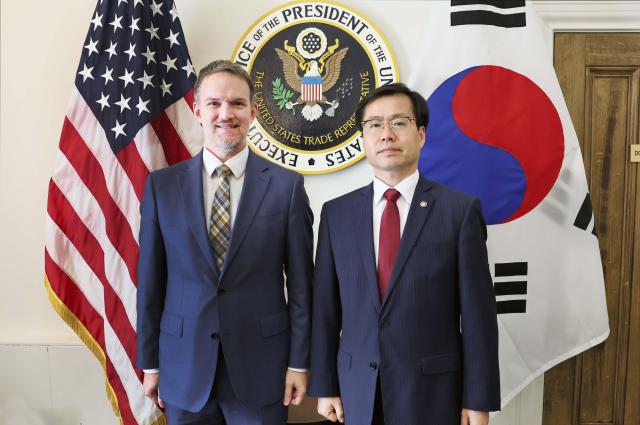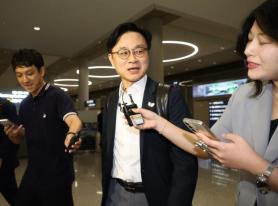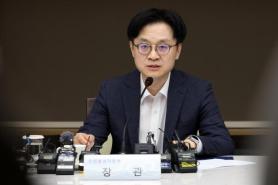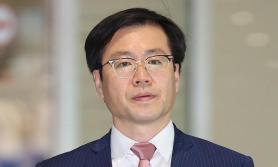
SEOUL, September 16 (AJP) - South Korea is holding out in protracted trade negotiations with the United States and resisting pressure to sign a deal quickly even as Washington grants Japan a softer tariff regime that could erode Korean competitiveness.
According to the Federal Register, the U.S. Commerce Department confirmed a preferential 15 percent tariff rate on Japanese automobiles and auto parts starting Tuesday, a significant discount from the 27.5 percent rate applied to most foreign-made cars under President Donald Trump’s protectionist trade agenda. The lower duty was part of a July agreement under which Tokyo pledged $550 billion in U.S. investments.
Seoul reached a similar framework accord with Washington in July that included a $350 billion Korean investment pledge, but its signing has been delayed as negotiators wrangle over execution details. Trade Minister Yeo Han-koo, arriving in Washington this week for talks with U.S. Trade Representative Jamieson Greer, stressed the complexity of the negotiations, saying, “The devil is in the details. We are having intense discussions on the specifics,” while adding that Seoul would not be swayed by “every twist and turn” in the talks.
At stake is how Korea will deliver its $350 billion commitment. Seoul prefers to minimize direct equity stakes, offering guarantees instead, while U.S. officials are pressing for a deal closer to Japan’s structure—one that allows Washington to select and oversee investment projects, with profits shared between the two countries.
The debate has been further complicated by a high-profile immigration raid at the construction site of a Korean joint-venture battery plant in Georgia, which raised tensions over labor and regulatory issues.
Kim Yong-beom, chief presidential secretary for policy, underscored the risks of a rushed deal, warning that implementing the $350 billion package “has implications for our entire economy. We cannot compromise our long-term stability just to narrow a short-term tariff gap in autos.”
Industry Minister Kim Jung-kwan returned from Washington last week without a breakthrough after talks with Commerce Secretary Howard Lutnick, highlighting the deadlock. Whether Yeo’s visit will provide a turning point remains uncertain, as Korean automakers uneasily watch their Japanese rivals gain an immediate edge in the U.S. market.
Copyright ⓒ Aju Press All rights reserved.



